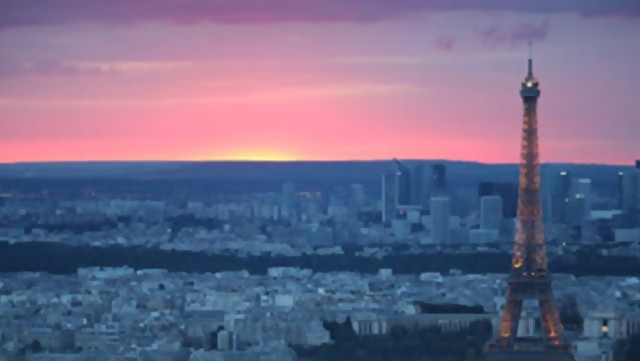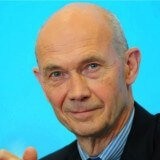Pascal Lamy; Chair of the Paris Peace Forum Steering Committee thinks Polylateral Governance is the way forward

We have a growing global governance deficit. On the one side exists rising global challenges (such as climate change or cybersecurity), on the other remains decreasing international cooperation and threats to multilateralism.
Not that global governance should be thought of as a global version of local governance. It is inevitably much more difficult than local governance, which will always have a comparative advantage in leadership, in accountability and in efficiency. With the benefits of subsidiarity, but with the limits which are by definition inherent to its limited scale.
Another option is the classical Westphalian approach: negotiating new agreements and building new institutions between sovereign nation states. Experience, however, shows that this approach, which was successfully followed after WWII, may be reaching its limits since the end of the XXth century: emerging powers are reticent to enter into more western conceived arrangements but are still unable to suggest their own global alternatives. Some established powers are resisting further sovereignty erosion; nationalism (“my country first”) is back as a result of anti-globalisation surges in some countries or as an affirmation of superiority or even xenophobia in others; opposing the “somewhere” to the “nowhere” and criticizing cosmopolitanism as naïve or dangerous has become fashionable in some intellectual quarters.
As a consequence, little progress in addressing the global governance deficit can be expected from traditional sovereigns.
This is the bad news.
The good news is that parties other than sovereigns have started to step in. NGOs, trade unions, corporates, cities, academic institutions are now engaging in coping with global issues. We are moving from “multilateral” governance to “polylateral” governance, with topic centered multi stakeholders coalitions in action. An example of the benefits of such an approach appeared at the end of the 90’s in the fight against HIV – Aids, and is illustrated by the governance of the Global Fund as compared, for instance, to the UN Security Council. An example of the ongoing damages resulting from the absence of such an approach is in the area of oceans where the present course of degradation and depletion could only be addressed by a multidimensional/ multi actor combination, the contours of which are still elusive.
But “polylateral” governance is not a silver bullet as it has its own limits. While it is fit for the purpose of problems whose solutions lie in coalising the energy of a variety of actors who unite around a result, a scale, and resources, it is not adapted to regulation or rule making, which remain a necessary tool to frame behaviours according to an agreed standard, and to provide the necessary stability, predictability, transparency, and implementation monitoring. Hence the apparition of hybrids, in between “multilateral” and “polylateral” governance, such as the 2015 Paris agreement on climate change (which encompassed more or less binding commitments by both sovereigns and non sovereign actors).
Fostering ”polylateral” governance or hybrid initiatives of this kind is, thus, the best hope of filling many of the remaining holes in global governance.
Questions remain on: How to do that more and better and how to draw the lessons of successes and failures in the conduct of these new approaches, how to share knowledge and experience to address a number of pressing global issues in a better and faster way and how to build and to resource these new types of coalitions.
This is largely what the Paris Peace Forum is about.

